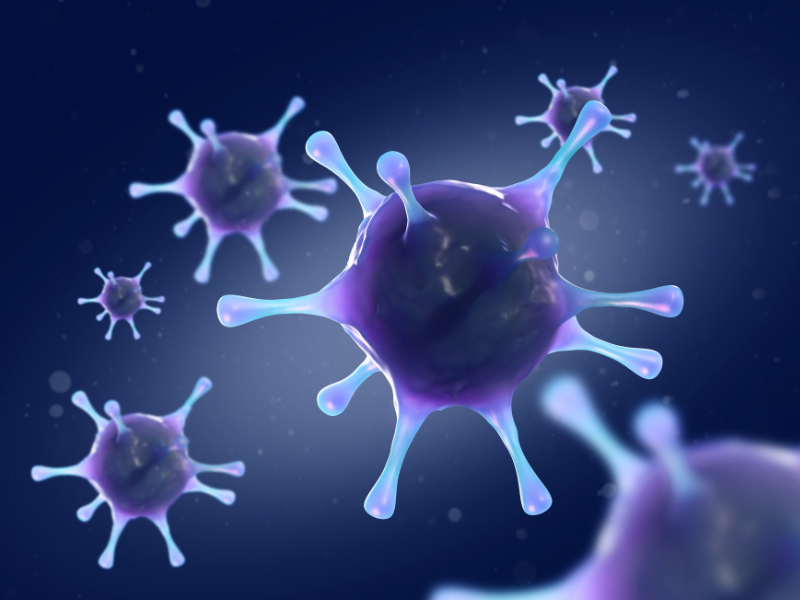Role of the IPPF During the COVID-19 Pandemic

The following Letter to the Editor was published in the Journal of the European Academy of Dermatology and Venereology on April 25, 2022 about the role of the IPPF during the COVID-19 pandemic.
Pemphigus and pemphigoid are rare and potentially life-threatening chronic inflammatory autoimmune blistering disorders (AIBDs) that require special guidance by experienced dermatologists during the COVID-19 pandemic. The International Pemphigus and Pemphigoid Foundation (IPPF), a long-standing, non-profit, patient-advocacy organization, hosts one of the largest worldwide registries of AIBD patients with currently over 500 enrolled participants from 7 different countries (www.pemphigus.org).
Patient-reported outcomes have been increasingly utilized across diverse clinical study settings and disease conditions including AIBDs, as evidenced by the growing number of IPPF-related publications showing efforts to engage this group of patients in research. Observational studies using web-based patient questionnaires have the advantage to collect data from a large representative cohort in a timely manner, which has been of particular interest during the COVID-19 era when in-person research may be temporarily limited.
Two COVID-19-related studies based on cross-sectional anonymous online surveys have been published in collaboration with the IPPF so far, both of which greatly contributed to the prompt gain of valuable knowledge about the influence of the SARS-CoV-2 outbreak and vaccines against its transmission on patients with AIBDs. In one study, we could demonstrate both a negative impact of the COVID-19 outbreak, including associated outdoor activity restriction and income loss, on health outcomes such as disease deterioration, stress, anxiety and depression, and a high satisfaction with telemedicine platforms in patients with AIBDs during this pandemic. In the other study, we could show that SARS-CoV-2 vaccine hesitancy is prevalent in about one-third of patients with AIBDs, with fear regarding a flare or worsening of the disease representing a major contributing factor.
In conclusion, we encourage researchers to make further use of the readily accessible IPPF database, especially in difficult times like pandemics during which potential restriction or delay with human subject research involving direct patient interactions can occur, and we are grateful to all patients participating in these important scientific investigations.
Read the letter here. The IPPF frequently updates COVID-19 information and resources for pemphigus and pemphigoid patients.
